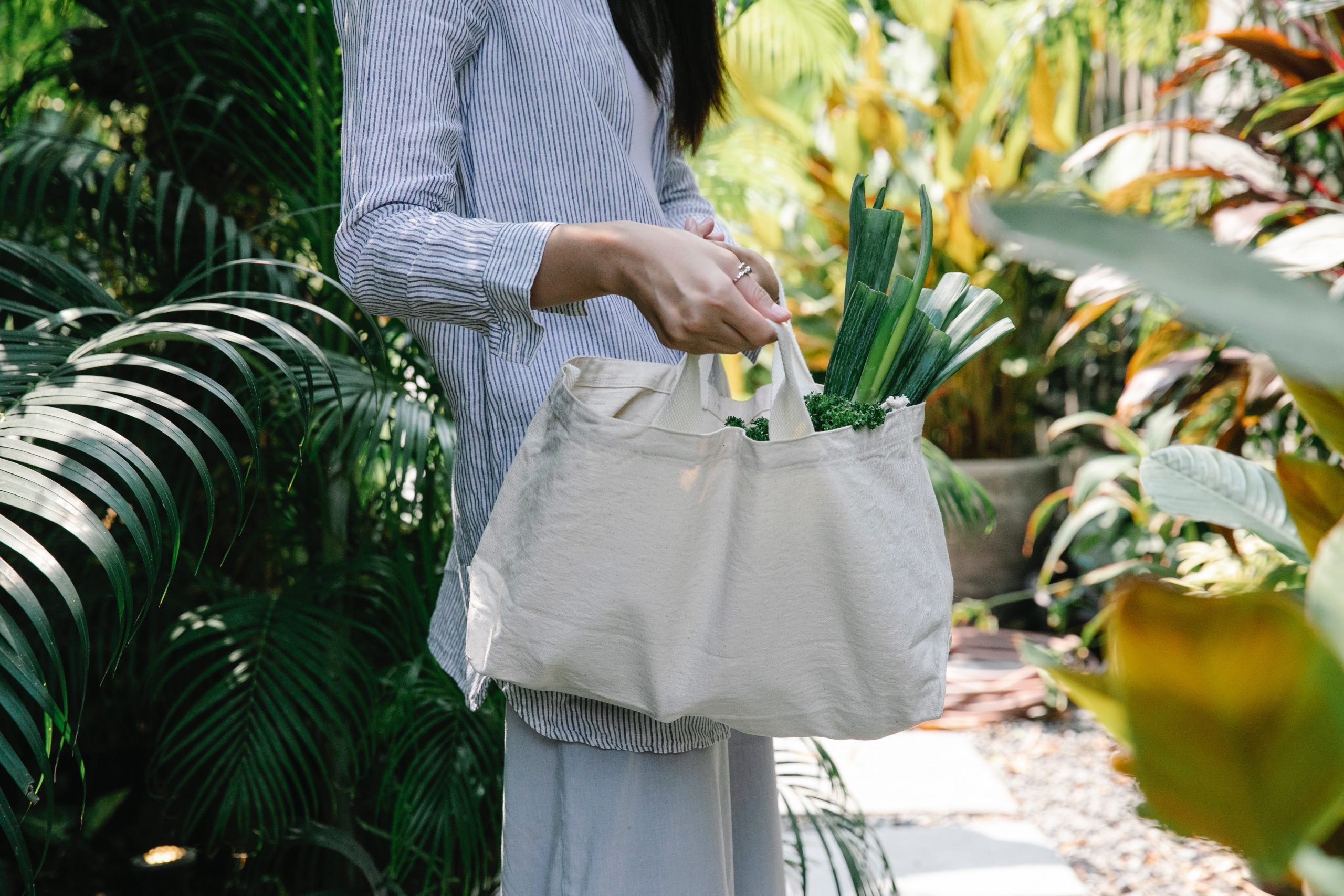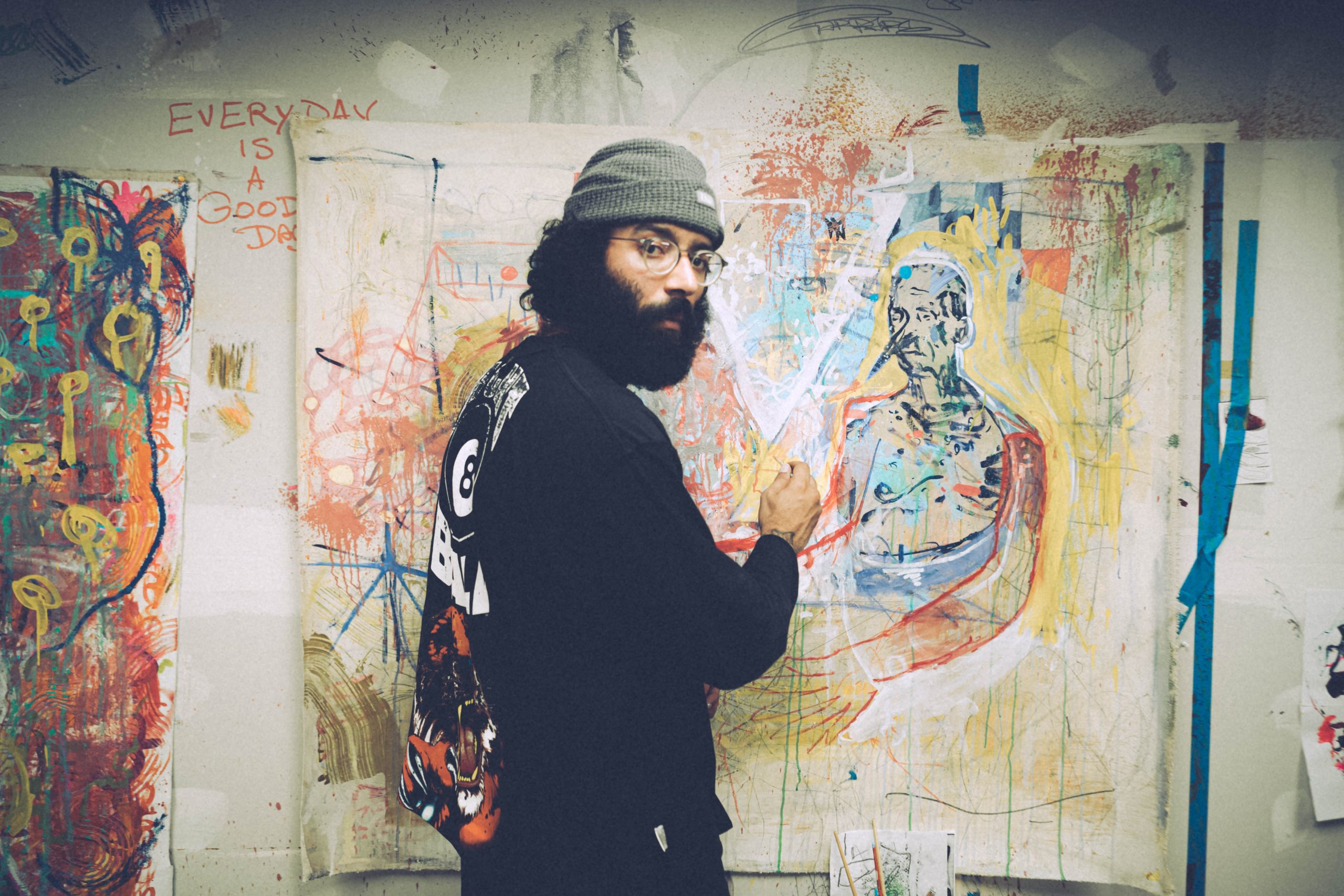Local cuisine: The importance of valuing local products and regional cuisine in a globalized world
In an increasingly interconnected world, where food travels thousands of kilometers to reach our plates, it is essential to remember the importance of local cuisine. This culinary practice is based on using local ingredients and respecting the traditions of each region, generating benefits for both our health and the local economy. With that said, in this article, I would like to explore why it is vital to value local products and how regional cuisine can enrich our gastronomic experiences. Imagine savoring a juicy tomato freshly harvested from the nearby garden, with its authentic flavor and unmatched freshness. Now compare that to an imported tomato, which had to be picked prematurely to withstand long journeys and loses some of its flavor along the way. The difference is palpable. By consuming local food, we not only enjoy more intense and authentic flavors, but also obtain more nutritious and healthier products. Local cuisine is also crucial support for the economy, as choosing local products contributes to the sustainable development of our community, creating employment opportunities, and promoting the preservation of regional culinary traditions. A concrete example of the importance of valuing local products is Manchego cheese, a Spanish gastronomic gem recognized internationally. Made from milk from
How to promote the orange economy in communities
Have you ever wondered how to promote creativity and entrepreneurship in a sector that can transform the reality of a region? The answer lies in the fascinating and promising orange economy, a concept that is revolutionizing the way we see and approach economic and social development. But what exactly is the orange economy or creative economy? It is the set of economic activities based on creativity, culture and knowledge. Creativity and entrepreneurship are fundamental pillars of the orange economy and play a vital role in the development of communities. This time, I would like to present some examples of innovative projects so that you can be inspired, harness talent and transform it into a source of economic, social and cultural development. Pietà Project (Peru): It is a high-quality ecological urban clothing project, which is made by men and women from prisons in Lima. Prisoners who are part of this project can receive a reduction in their sentence and a percentage for the sales of the brand. Trash to Art (Brazil): This project transforms recyclable materials into works of art and unique products. Citizens collect and recycle materials such as plastic, glass, and paper to create sculptures, jewelry, and other art objects that are later


